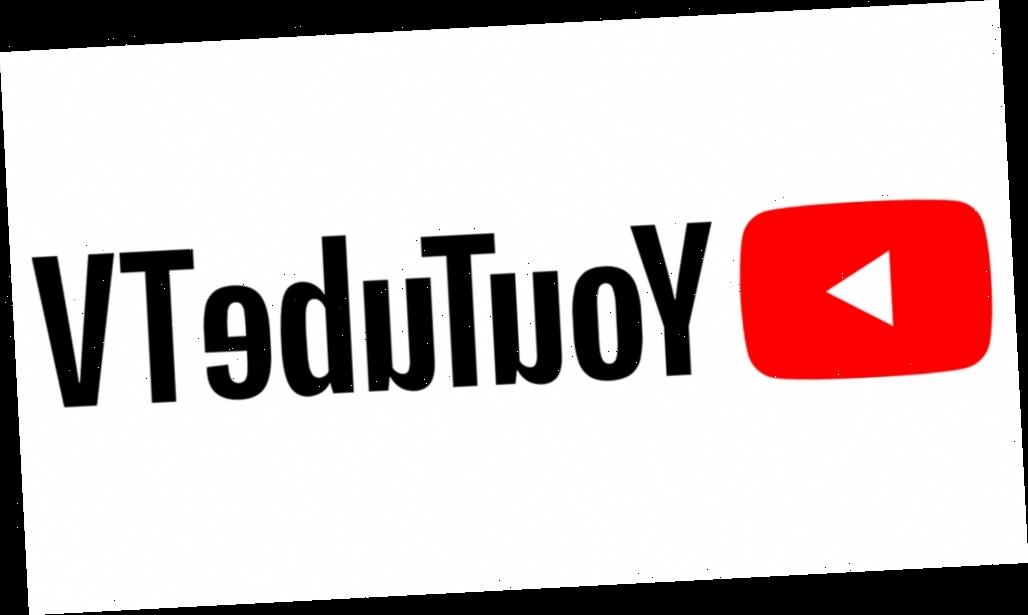A group of House Democrats are querying Google over its policies to curb extremist content on YouTube, suggesting that its efforts to limit such content have been insufficient.
In a letter to Google CEO Sundar Pichai, House Energy & Commerce Committee chairman Frank Pallone and two other Democrats, Mike Doyle and Jan Schakowsky, write, “YouTube states that it will remove videos that violate its hate speech policy and violent criminal organizations policy, but disinformation, viral conspiracy theories, and incendiary content that indoctrinates, radicalizes, and mobilizes extremists continues to flourish on YouTube. Ultimately, we believe that YouTube bears a moral responsibility for the content it amplifies on its platform and should disrupt the pipeline of extremism driving users to more fringe videos and channels.”
The letter keys in on Google’s algorithm and how it delivers “Up Next” recommendations to users. They write that even though they are designed to maintain user engagement, they “may create dangerous ‘rabbit hole’ effects, guiding users from more innocuous or alternative content to more fringe channels and videos.”
The lawmakers want Pichai to answer a series of questions, including how it classifies “violative extremist content, borderline content, and authoritative and trusted content.” They also are seeking data on the videos that it has removed since Nov. 1, as well as information on how the company is measuring the effectiveness of policy changes.
The lawmakers acknowledge that YouTube has tried to curb extremist content, but they cited an Anti-Defamation League survey on YouTube users viewing habits and its recommended content. The survey shows that between July and September 2020, about one in ten respondents watched an extremist channel, while one in five respondents watched a video from an “alternative” channel. “And YouTube’s recommendations suggested additional extremist and alternative videos and channels,” they wrote.
A Google spokesperson did not immediately return a request for comment. Although the lawmakers cited the Jan. 6 Capitol siege in making the case that violent extremism is a growing threat, they did not specifically cite any YouTube videos connected to that attack.
Read More About:
Source: Read Full Article
